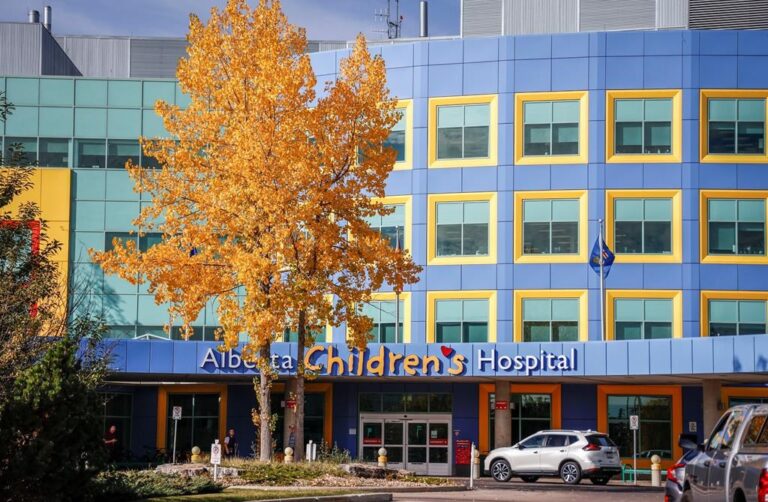CALGARY – An outbreak of gastrointestinal illness linked to a popular Calgary-area destination has grown significantly, prompting Alberta Health Services (AHS) to expand its public health advisory. The number of lab-confirmed probable cases of E. coli connected to the Saskatoon Farm has now climbed to 26, with a concerning co-infection of a rare parasite also on the rise.
In an update, AHS confirmed the new total of 26 probable E. coli cases, a notable increase from the 18 cases reported last Friday, July 25.
Furthermore, the number of people infected with the parasite Entamoeba histolytica has tripled. Nine of the individuals who tested positive for E. coli have also been confirmed to have the parasite, up from three cases reported last week. The number of hospitalizations has risen by one to a total of three, though AHS notes that two of those individuals have since been discharged.
Investigators have identified the water system at the Saskatoon Farm, a popular spot for dining and berry picking about 20 minutes southeast of Calgary, as the most probable source of the contamination. While the restaurant has switched to a different, safe water source, it remains closed to the public. Dr. Francesco Rizzuti, AHS Medical Officer of Health, stated the closure will continue until health officials are certain there is no further risk.
In response to the evolving situation, AHS has broadened the timeframe for its public health warning. Anyone who consumed any food or beverage at the Saskatoon Farm between July 1 and July 18, 2025, is now strongly urged to get tested, even if they are not currently experiencing symptoms.
Individuals who fall within this group are asked to call Health Link at 811 to arrange for laboratory testing.
Health officials are particularly concerned about the presence of Entamoeba histolytica. While the initial infection can cause gastrointestinal symptoms, it can also lead to a more severe illness called amoebiasis, which may not manifest for weeks or even months after exposure. In rare cases, amoebiasis can cause serious infections in the liver, lungs, and heart. This delayed onset is why AHS is adamant about testing for all patrons within the exposure window, regardless of their current health status.
Health Canada describes E. coli as a bacterium often spread through contaminated food or water. The improper handling of food can also lead to cross-contamination.
While laboratory testing has also identified other common pathogens like norovirus and rotavirus among those who fell ill, AHS has not yet confirmed if these are directly linked to the Saskatoon Farm outbreak. The primary focus remains on the confirmed E. coli and E. histolytica cases stemming from the suspected water source.

